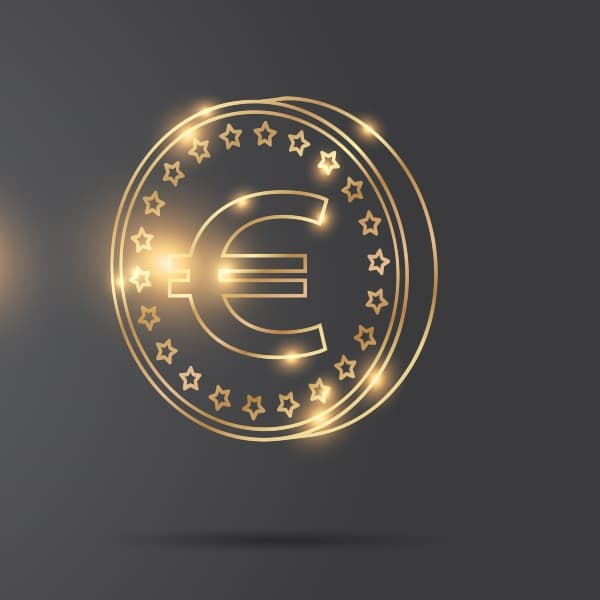ECB board member Fabio Panetta said the digital euro could arrive within four years as a peer-to-peer payment solution.
ECB and the digital euro, the first developments begin
During a conference on the plans for a digital euro at the National College of Ireland in Dublin, ECB executive board member Fabio Panetta said it was possible that the currency could be ready within four years.
The digital euro project began in October when the Central Bank launched an exploratory survey to understand the feasibility of creating a new European digital currency.
The project would see the emergence of a digital currency issued by the Central Bank to make payments and transactions easily, quickly and securely.
Dr Panetta stated that:
“At the end of 2023 we could decide to start a realisation phase to develop and test the appropriate technical solutions and business arrangements necessary to provide a digital euro”.
This first phase could take about three years, according to the Italian economist.
Fabio Panetta’s idea about the cryptocurrency market
Panetta then spoke briefly about what has happened in recent days on the cryptocurrency market with the failure of the Terra project and the subsequent market collapse, with losses of over 20% for all major digital currencies.
Panetta stated that:
“Recent developments in the market for crypto-assets illustrate that it is an illusion to believe that private instruments can act as money when they cannot be converted at par into public money at all times.
Despite claims that cryptos are a trustworthy form of “currency free from public control, they are too risky to act as a reliable means of payment. They behave more like speculative assets and raise multiple public policy and financial stability concerns”.
According to Dr. Panetta, who like ECB President Lagarde has never been particularly sympathetic to this sector, cryptocurrencies would have no reason to exist and pose a serious risk to financial stability.
Instead, he takes a different view of a digital state currency, which would be a driving force for digital payments across the continent and help the adoption of these tools.
During the conference in Ireland, Panetta added that:
“A digital euro would bring important benefits in this context. It would level the playing field by allowing intermediaries – including small ones, which are typically less able to keep pace with innovation – to offer more technologically advanced products at a competitive price”.
Source: https://en.cryptonomist.ch/2022/05/18/ecb-working-digital-euro/
